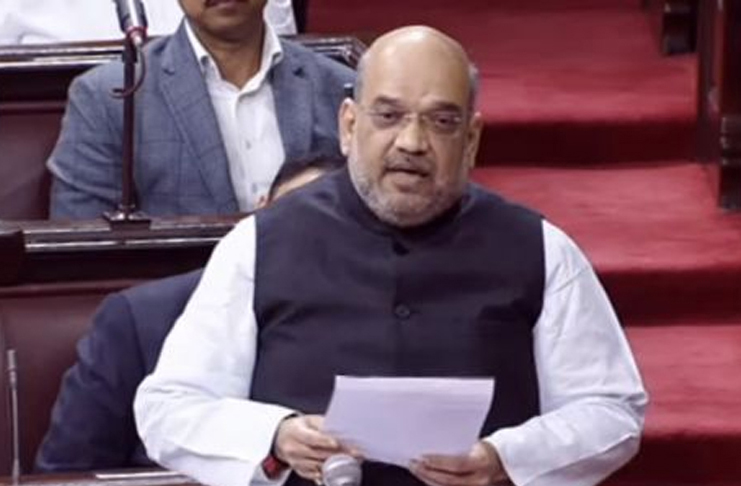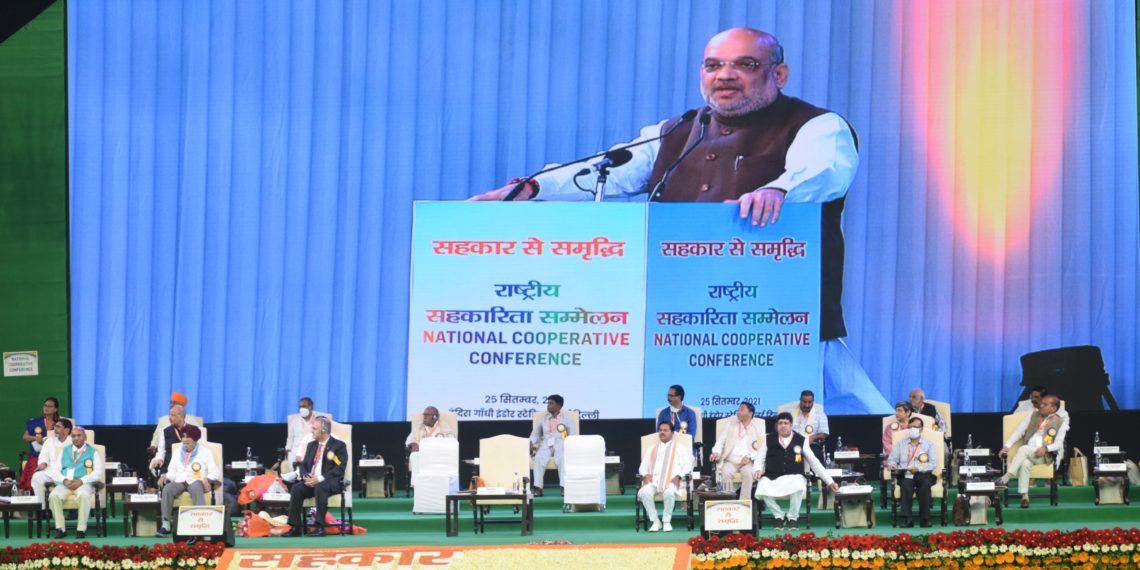Ever since he took over, peoples’ expectations from Amit Shah, the newly appointed union Cooperation minister have only risen high and the daily answers on co-operatives the minister gives in Parliament, have only further excited popular expectations.
India already has a rich cooperative heritage and a robust cooperative sector. We are consulting all the stakeholders including different ministries to deepen the co-op movement and make it truly people-based, reiterated the Minister on the floor of Rajya Sabha.
“There are two types of co-operative structure in the country i.e. State Cooperative Societies and Multi-State Cooperative Societies. The Cooperative Societies functioning in one state only are governed by the laws of the respective State Government and the cooperative societies functioning in more than one state are governed by the Central law, namely, ‘the Multi-State Co-operative Societies Act, 2002 (Act 39 of 2002)’. Any issues related to their administration are dealt with at respective levels.


Quoting the NCUI publication, the Minister said “As per the statistical profile of National Cooperative Union of India (NCUI) 2018, there are 8.54 lakh cooperative units in the country. Some of the issues affecting accelerated and equitable growth of cooperatives, inter alia, are lack of effective governance, leadership and professional management in cooperative units, and low level of technology adoption.”
The New National Cooperative Policy and schemes are being drafted with the aim to deepen co-operatives as a true people-based movement reaching up to the grassroots and develop a cooperative-based economy model including giving focus on ‘Make in India’. This will address all developmental issues of cooperatives. Inputs/suggestions of the stakeholders including Central Government Ministries have been sought.
To make cooperatives more transparent and efficient, the Ministry has started stakeholder consultations on relevant interventions viz. creation of a National database of Cooperatives, digitalization of about 63000 active Primary Agriculture Credit Societies (PACS).


















































